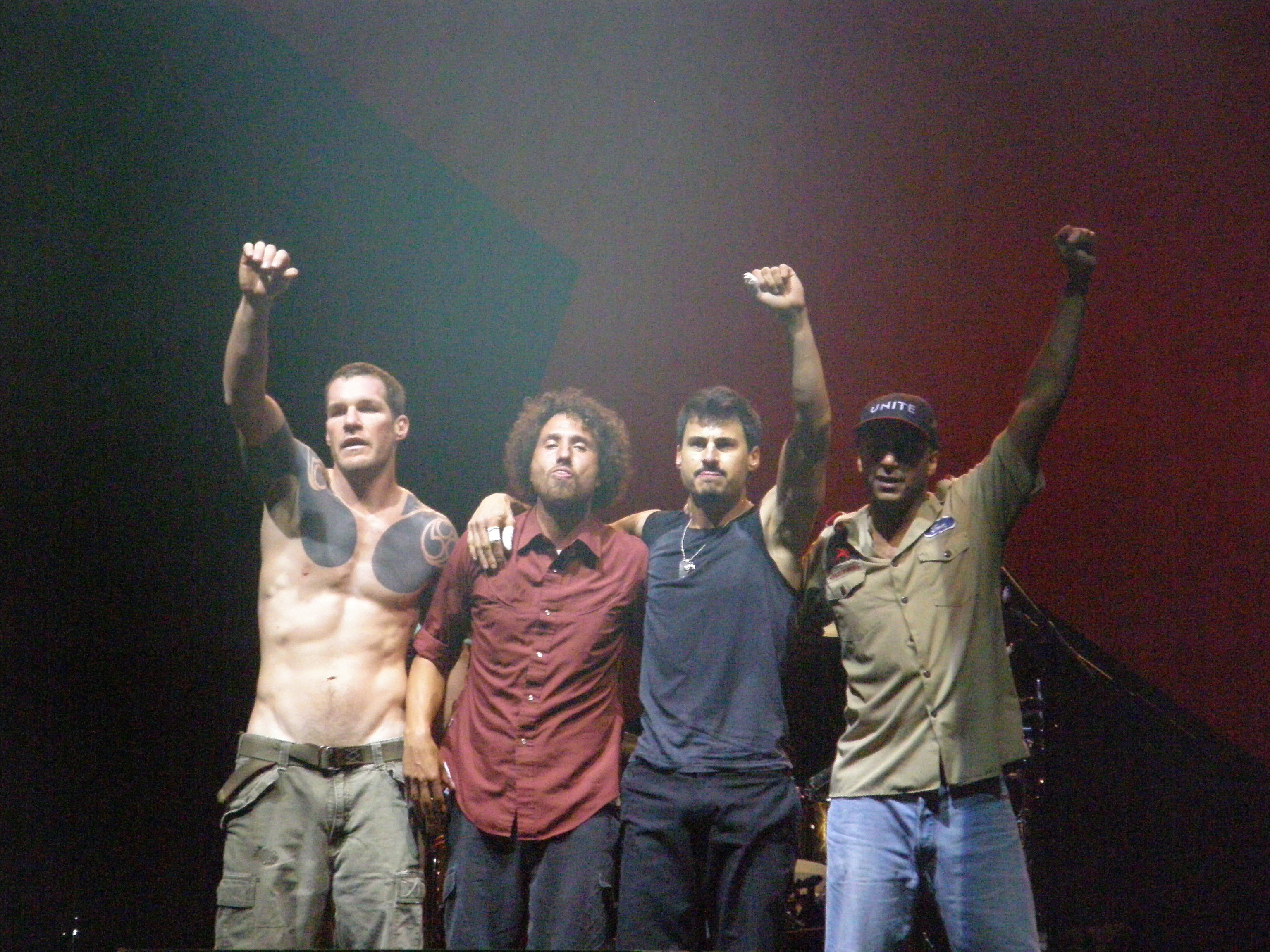 It may be said, with the exclusion of cynics and the ill-informed, that there is not one iota of love and passion missing in the music of Ludwig van Beethoven. In the hands of his music, whatever we may call a soul is ignited and made evident with visions akin to those we may privately daydream. Throughout time, his music has been the paragon of self-expression and the lunchtime concert at the Brighton Dome was no exception.
It may be said, with the exclusion of cynics and the ill-informed, that there is not one iota of love and passion missing in the music of Ludwig van Beethoven. In the hands of his music, whatever we may call a soul is ignited and made evident with visions akin to those we may privately daydream. Throughout time, his music has been the paragon of self-expression and the lunchtime concert at the Brighton Dome was no exception.
A bustling crowd of various ages strode in contentedly with varying expectations. With these expectations worn on their faces, they sat down and mumbled eagerly. In seeminly no time at all, the orchestra approached the stage like an army ready for battle and the conductor – like a proud general – took to the podium.
‘Egmont Overture’, the initial piece of the evening, was sonorous and explosive. Opening, as it does, with its ten or so orchestral stabs that – in the possession of this quality orchestra – was immediately arresting. As the piece struck strong contrasts between different moods, it was clear to see on the faces of the audience that, though this piece may be markedly familiar to them, it still retained an echoing quality which resounded straight from the sentiment of the piece – that being one of turbulence and fury with glimmers of hope subtly interwoven. The piece ended with a tidal wave of a crescendo and is punctuated by fierce orchestral battery, hammering home the tremendous zeal of the piece.
‘Romance in F Number 2’ shortly followed, with John Bradbury taking the solo violin. Music may take us out on a sea, veiled in mists and transparent skies, or find us hurtling through darkness, clutching at a pale star. But however music may capture our imagination, I will have to humbly admit that this piece of music has tipped over the edge of description. Such subtlety and such tenderness becomes each phrase, and lucid images rise brighter still, shimmering and fixed before our eyes. The solo violin – the heroine of this romance – trembles like a heart exposed to first love and all its words remind us of those fears that were meant to make us stronger. Whether the piece made such an impression on the audience as a whole is hard to discern. But it certainly affected some: there were tears, and I will leave it at that.
Finally: the great ‘Ninth Symphony’. Tremous and pensive for a few seconds, and then… a blast, ferocious and magnificent! What blasphemies and ecstasies exist that are not found in this piece of music? Certainly for the conductor Barry Wordsworth, this was a moment of heart and soul being compounded into his work. It is an amazing achievement by any standard that a piece of music may live on through people’s innermost personal thoughts and yet can appeal to thousands upon thousands. This music is twisted and irrational. It builds the heart only to break it. It is the voice of a man who no longer can be put upon by the opinions of the world. All he has left is the convictions of his soul and he addresses them in music, out of time, out of view, and forever recreated by each successive generation. At last, when the choir stood-up to sing ode to Joy, there was a kind of universality in the room, everybody sharing in one feeling. And it’s a prime example of the quality of simplicity. The one refrain for all mankind.


